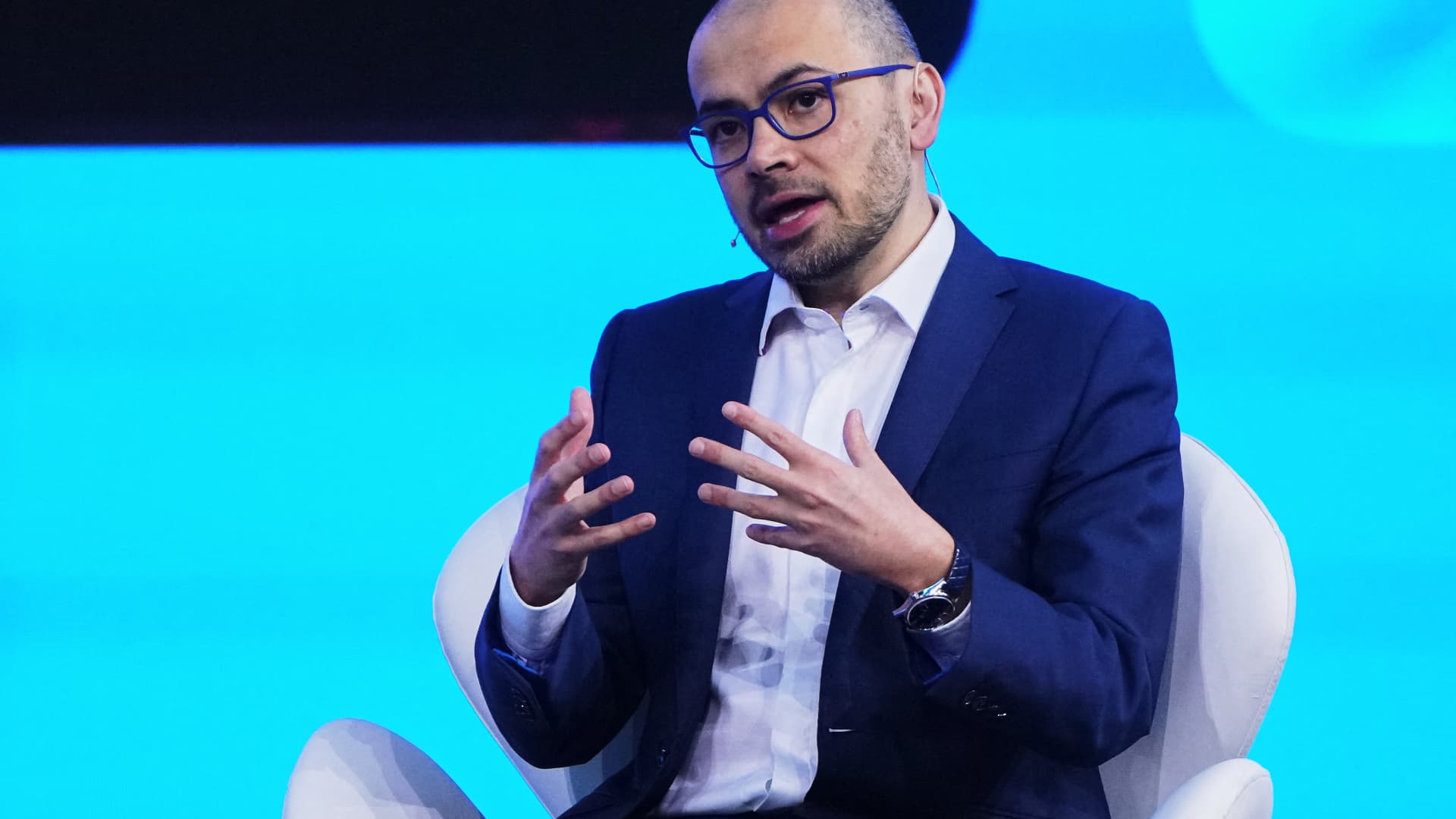Google’s AI Vision: A Competitive Edge Against China’s DeepSeek
In an era where artificial intelligence (AI) is rapidly transforming industries, Google’s AI Chief recently addressed employees, emphasizing the company’s strategic advantages in the AI landscape. This assertion comes at a time when global competition, particularly with China’s DeepSeek, is intensifying. As companies race to dominate AI technologies, understanding these dynamics is crucial for grasping the future of innovation and global competitiveness.
The Landscape of AI Innovation
The artificial intelligence sector is witnessing unprecedented growth, fueled by advancements in machine learning, deep learning, and data analytics. Companies like Google have long been at the forefront of this revolution, leveraging vast datasets and cutting-edge algorithms to develop transformative technologies. Google’s commitment to AI is not merely a response to competition; it is a core part of its business strategy, driving innovations across various sectors and enhancing user experiences.
Conversely, China’s DeepSeek has emerged as a formidable player in the AI arena. With substantial investments from both the government and private sector, DeepSeek focuses on developing technologies that can rival those of Western companies. The competition between Google and DeepSeek highlights a critical geopolitical aspect of AI development, where not only technological superiority but also national interests play a significant role.
Google’s Strategic Advantages
During the recent address, Google’s AI Chief outlined several key components that give Google a competitive edge over entities like DeepSeek. These advantages include:
- Data Accessibility: Google has access to an unparalleled amount of data through its various platforms, including Search, YouTube, and Google Cloud. This wealth of information allows for more accurate and effective AI models.
- Talent Pool: Google attracts some of the brightest minds in AI research, thanks to its robust investment in talent development and a culture that encourages innovation.
- Research and Development (R&D): Continuous investment in R&D enables Google to stay ahead of the curve, exploring new AI methodologies and applications that can be quickly deployed.
- Ethical AI Development: Google has prioritized ethical considerations in AI, focusing on fairness, accountability, and transparency, which enhances its reputation and trust among users.
The Role of Innovation in Sustaining Leadership
Innovation is the lifeblood of any tech company, and for Google, this means fostering an environment where creativity can flourish. The company’s approach to AI development is holistic, integrating research with practical applications that cater to real-world needs. For instance, Google’s AI is utilized in healthcare for diagnostic tools, in environmental science for climate modeling, and in everyday applications like virtual assistants.
Moreover, Google’s open-source initiatives, like TensorFlow, have democratized access to powerful AI tools, empowering developers and researchers worldwide. This not only fosters innovation but also creates a vast ecosystem of contributors who can help enhance Google’s AI capabilities.
China’s DeepSeek: A Rising Challenge
DeepSeek, backed by significant state funding, is rapidly advancing its AI technologies. With a focus on integrating AI into various sectors, from surveillance to healthcare, DeepSeek poses a unique challenge to Google. The Chinese government’s strategic vision for AI includes becoming a global leader in the field by 2030, which highlights the urgency and ambition behind its initiatives.
One of the critical aspects of DeepSeek’s strategy is its ability to operate within a tightly controlled regulatory environment. This allows for rapid deployment and scaling of AI technologies without the same public scrutiny that Western companies face. While this may provide short-term advantages, it raises ethical concerns that could impact global perceptions and acceptance of Chinese technologies.
Global Implications of the AI Race
The competition between Google and DeepSeek is more than just a corporate rivalry; it carries significant implications for global politics, economics, and ethics. As nations increasingly recognize the strategic importance of AI, the race for supremacy could reshape international relations.
Countries may find themselves aligning with either the U.S. or China based on their AI ambitions and ethical considerations. For instance, nations looking to develop their AI sectors might seek partnerships with Google to leverage its expertise and ethical frameworks. Conversely, countries with fewer restrictions might align more closely with Chinese technologies, prioritizing rapid development over ethical considerations.
The Future of AI: Collaboration or Competition?
Looking ahead, the trajectory of AI development will likely involve a mix of competition and collaboration. While companies like Google and DeepSeek will continue to vie for dominance, there are opportunities for cooperative efforts, particularly in addressing global challenges such as climate change, health crises, and cybersecurity threats.
By collaborating on AI research and sharing best practices, both sides can contribute to a more sustainable and ethical approach to technology. This could lead to international standards for AI that ensure its benefits are distributed equitably and responsibly across the globe.
Conclusion: Embracing the Future of AI
As Google’s AI Chief articulated, the company possesses critical advantages that position it well against competitors like China’s DeepSeek. However, the future of AI is not solely about who leads the charge; it is also about how those leaders choose to navigate the ethical and geopolitical landscapes that accompany their innovations.
In this rapidly evolving field, fostering innovation, maintaining ethical standards, and considering the broader implications of AI technologies will be essential. As we move forward, the interplay between competition and collaboration will shape the future of artificial intelligence, influencing everything from economic growth to ethical governance on a global scale.
Ultimately, the race in AI is not just about technological prowess but also about how that technology is used to uplift societies and address some of the world’s most pressing challenges. Google’s vision and its strategic edge may guide the way, but the collective effort of the global community will determine the ultimate impact of AI on humanity.
See more Future Tech Daily

